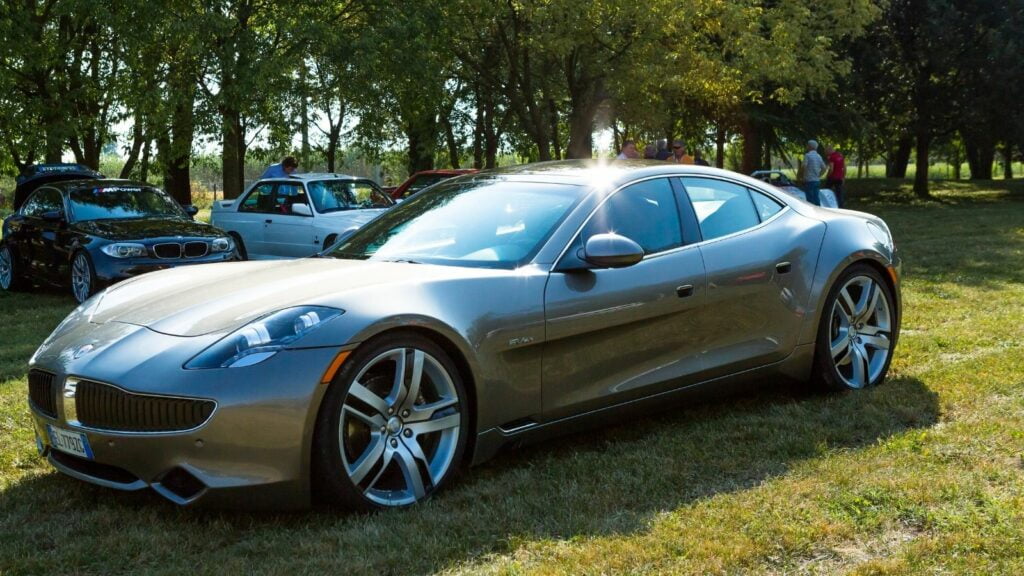Trade policy developments may result in tariffs on imported American vehicles, potentially affecting pricing for Canadian consumers. These economic measures could significantly impact the cost of U.S. automotive brands in the Canadian market. Cross-border automotive purchasing advantages may be reduced as trade tensions influence bilateral commerce. Here are 22 American vehicle brands that could experience price increases in Canada due to potential tariff implementations.
Ford

The quintessential American brand. Ford trucks and SUVs have long been staples in Canadian driveways, primarily the F-150. But when tariffs kick in, get ready to pay more for that power and patriotism. With Canadian sales topping over 250,000 vehicles in 2023, any price hike will hit hard. And no, a used Ranger from 2003 isn’t the same. Also, while some exemptions and reimbursements have been introduced to mitigate these effects, the overall cost burden is expected to be passed on to consumers, making Ford vehicles more expensive in the Canadian market.
Chevrolet
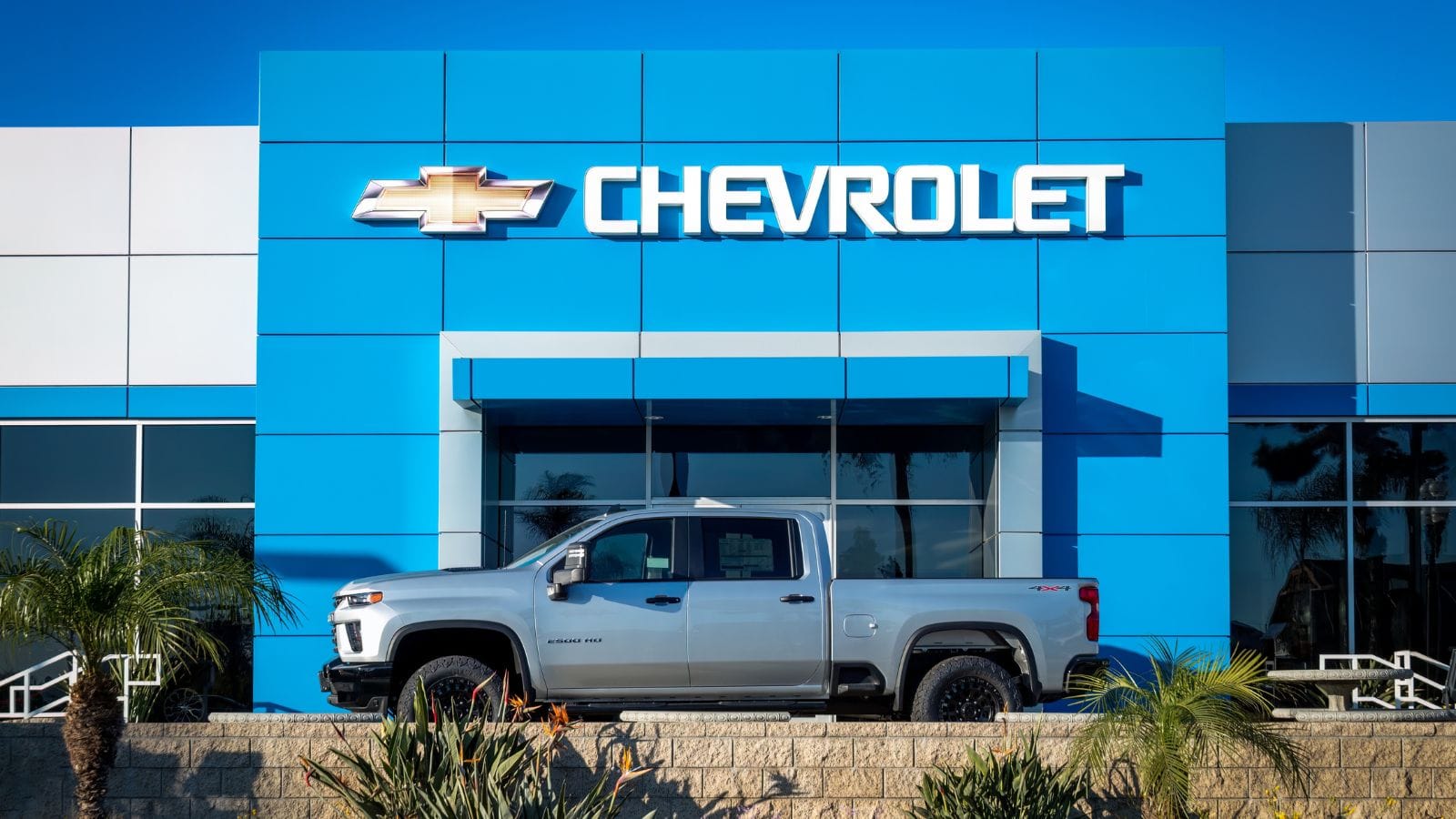
Another flag-waving giant, Chevrolet’s Silverado, Equinox, and Blazer, are hot sellers up north. In 2023, Chevy sold over 135,000 units in Canada. With tariffs increasing, though, expect the price tags on these already pricey pickups and crossovers to soar like a hockey puck in a slapshot. Also, General Motors (GM), the parent company of Chevrolet, has indicated that while they aim to keep manufacturer-suggested retail prices (MSRP) stable, the actual prices consumers pay may increase due to reduced discounts and incentives at the dealership level.
GMC
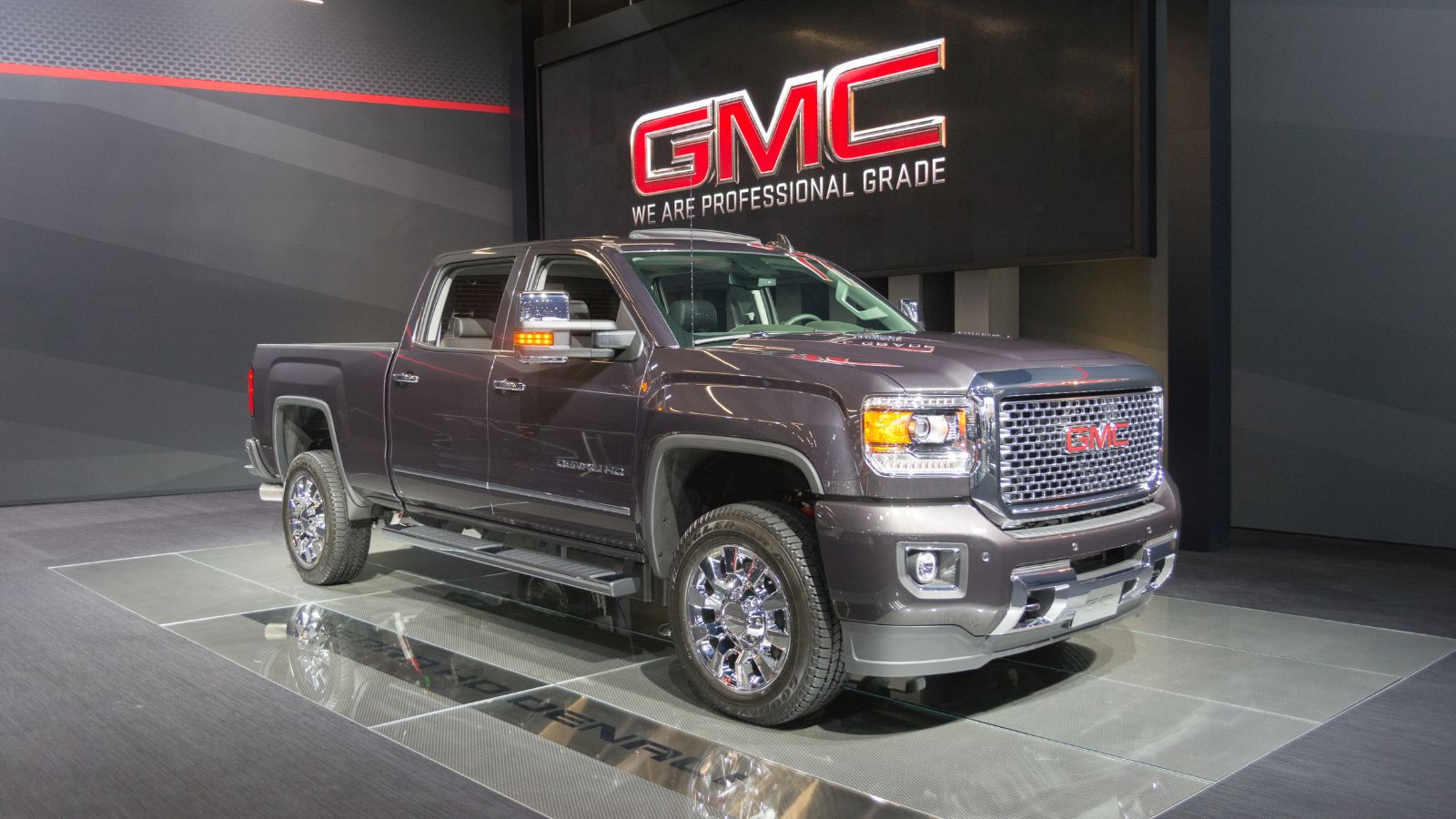
GMC, a prominent U.S. automotive brand under General Motors, faces increased costs in Canada due to new 25% tariffs imposed by the Canadian government on April 9, 2025. These tariffs apply to U.S.-made vehicles that do not fully comply with the United States-Mexico-Canada Agreement (USMCA). For vehicles partially compliant, the tariff is calculated based on the percentage of non-Canadian and non-Mexican content. For example, a vehicle with 85% U.S. content would face a 21.25% tariff. Tariffs could make the Denali trim look more like a luxury indulgence than a working man’s ride.
Jeep
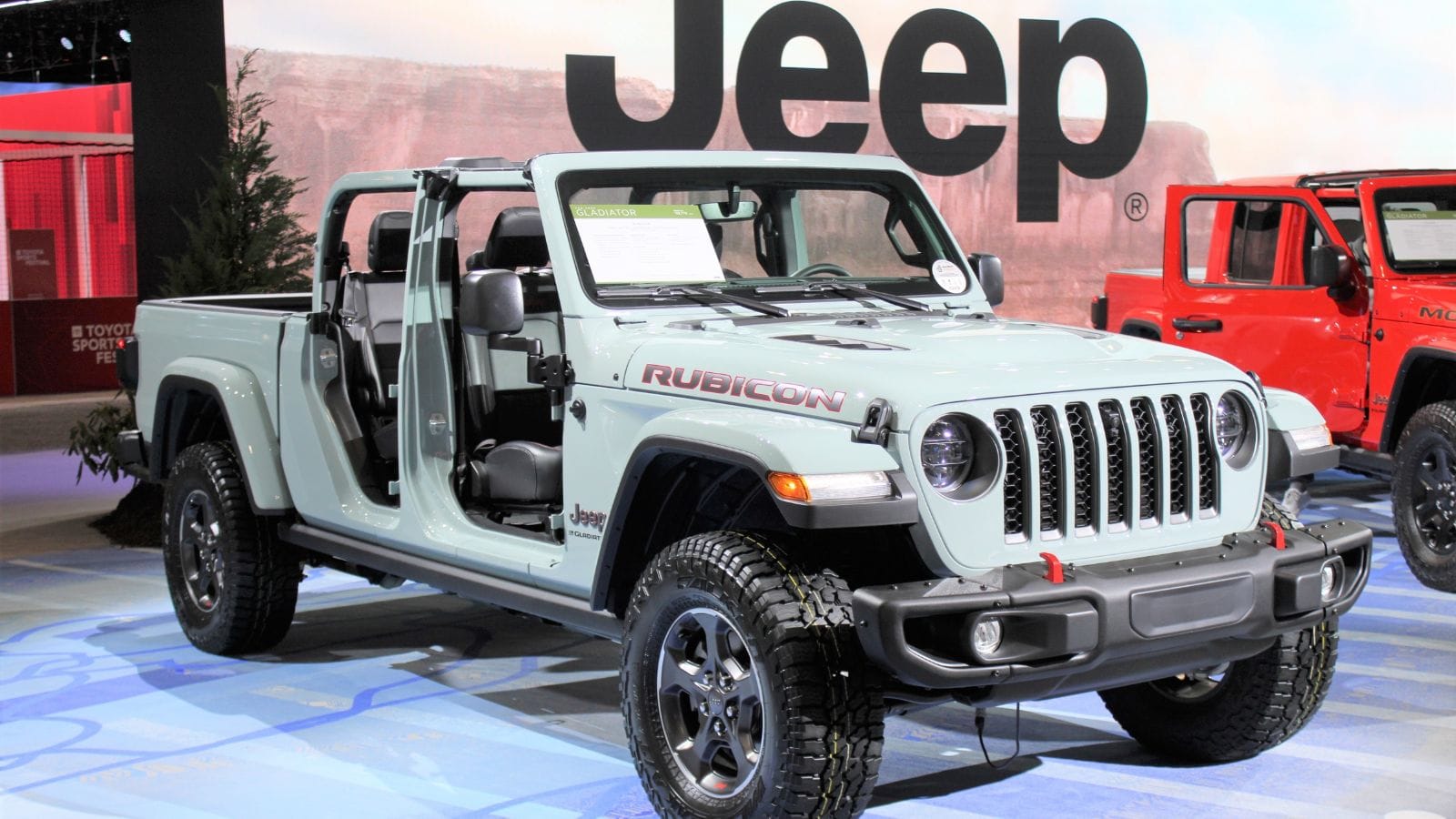
What’s more Canadian than off-roading through Banff in a Jeep Wrangler? It’s probably maple syrup in your glove box. Jeep sales in Canada have been strong, with the Wrangler and Grand Cherokee among the top picks. But those American-made parts? They’re about to cost more than your last camping trip. The tariffs have increased costs for Canadian consumers, with analysts estimating a potential $5,000–$10,000 rise in vehicle prices, even for some Canadian-made models.
Dodge
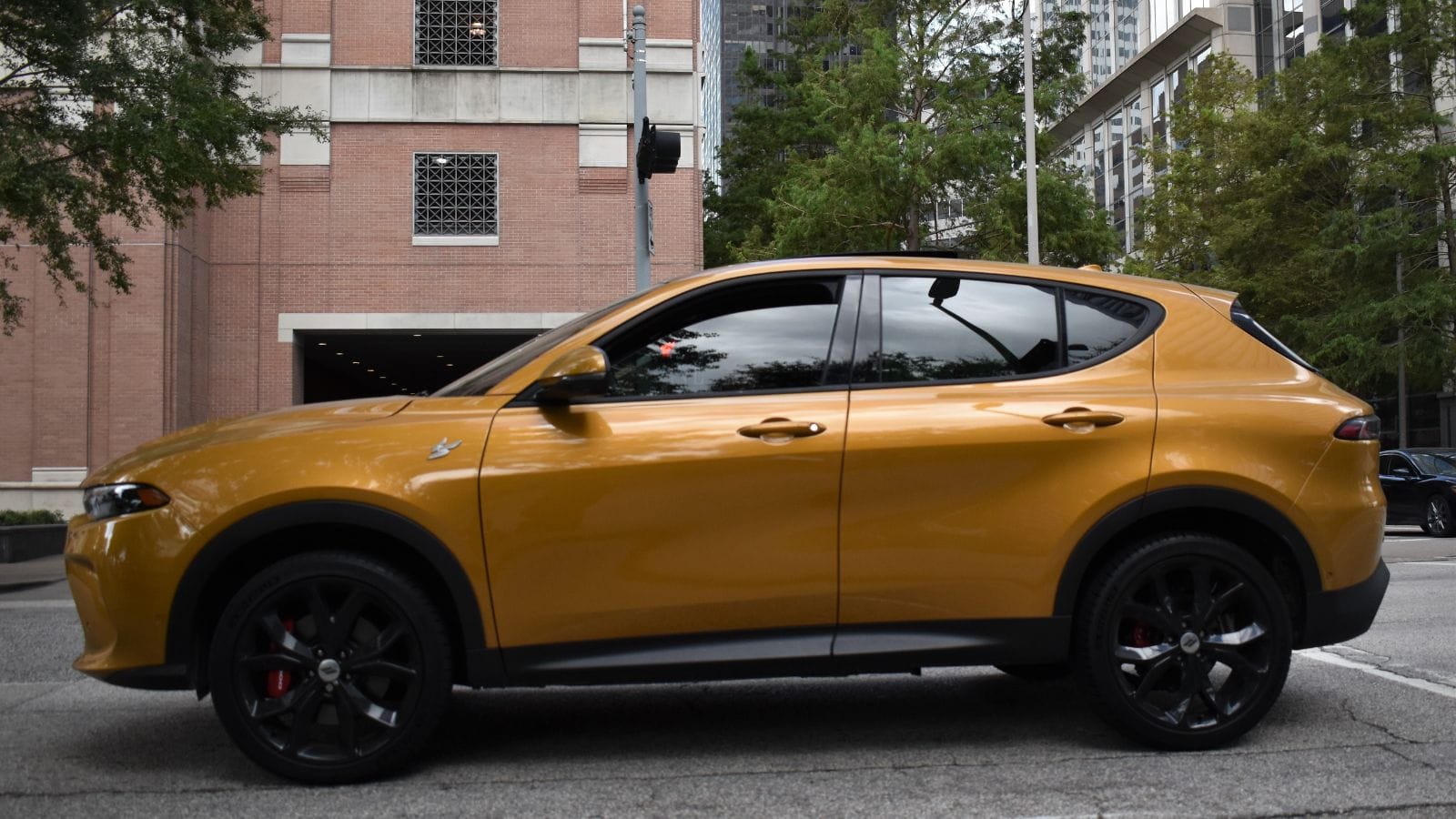
From muscle cars to minivans, Dodge has something for every Canadian—provided you like horsepower or hauling hockey gear. The Charger and Challenger are particularly vulnerable, with many models made in the U.S. Tariffs have made that V8 roar sound a lot more expensive. The fallout also includes Stellantis temporarily halting production at its Windsor Assembly Plant in Canada, affecting about 4,500 workers. Plus, as trade tensions persist, Canadian consumers may continue to see higher prices and reduced options for U.S.-made vehicles like Dodge.
Ram
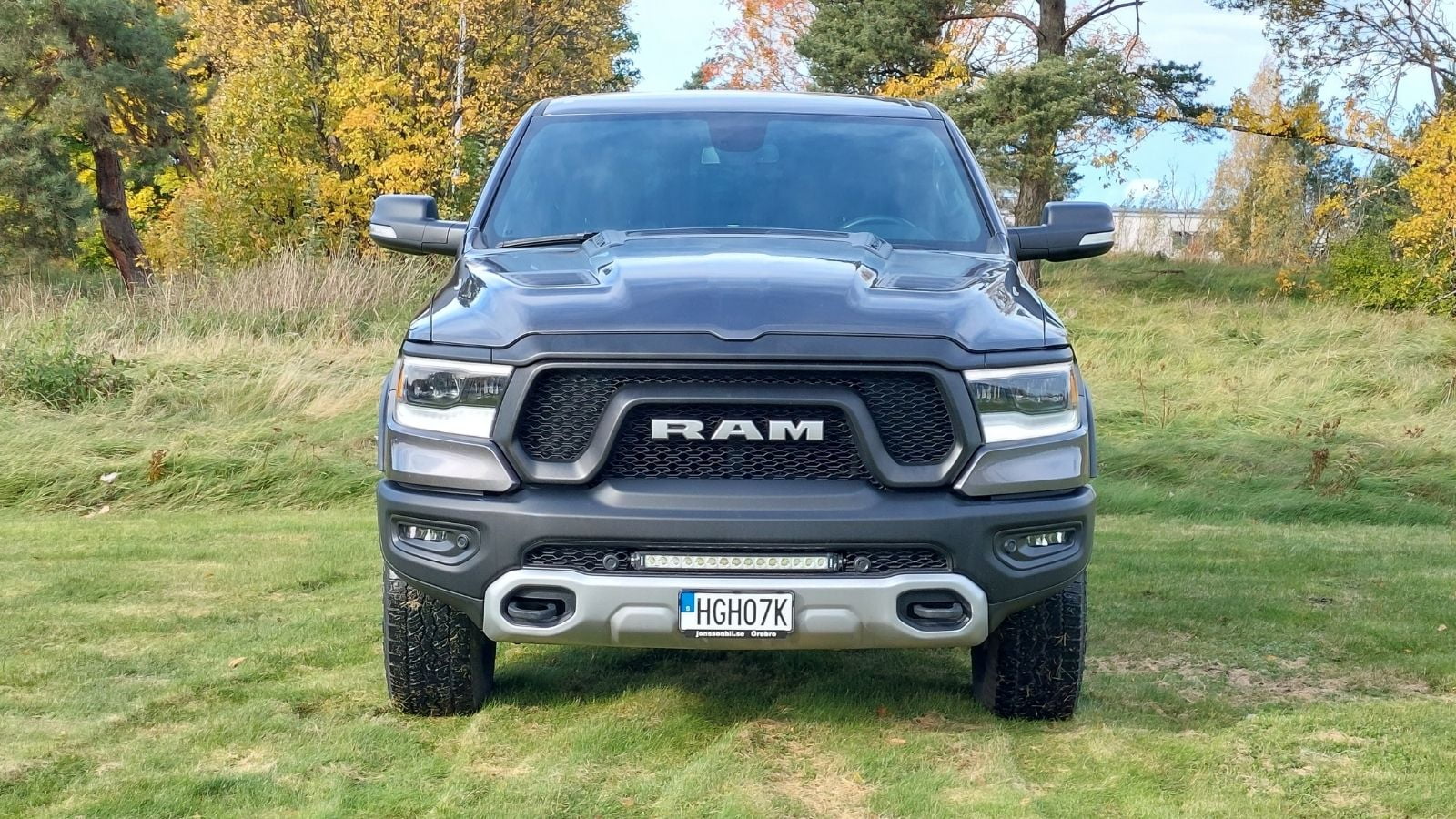
Oh, Canada loves its trucks, and Ram is no exception. The Ram 1500 is a beast, often outselling even Ford’s F-Series in some regions. However, many of these machines are built in Michigan or Mexico, and tariffs could make financing one feel like taking out a second mortgage. These tariffs also affect Ram’s supply chain, as many components cross borders multiple times during production. The added costs are typically passed on to consumers, leading to higher vehicle prices. Industry analysts warn that such price hikes may reduce demand and disrupt North America’s integrated auto manufacturing system.
Tesla
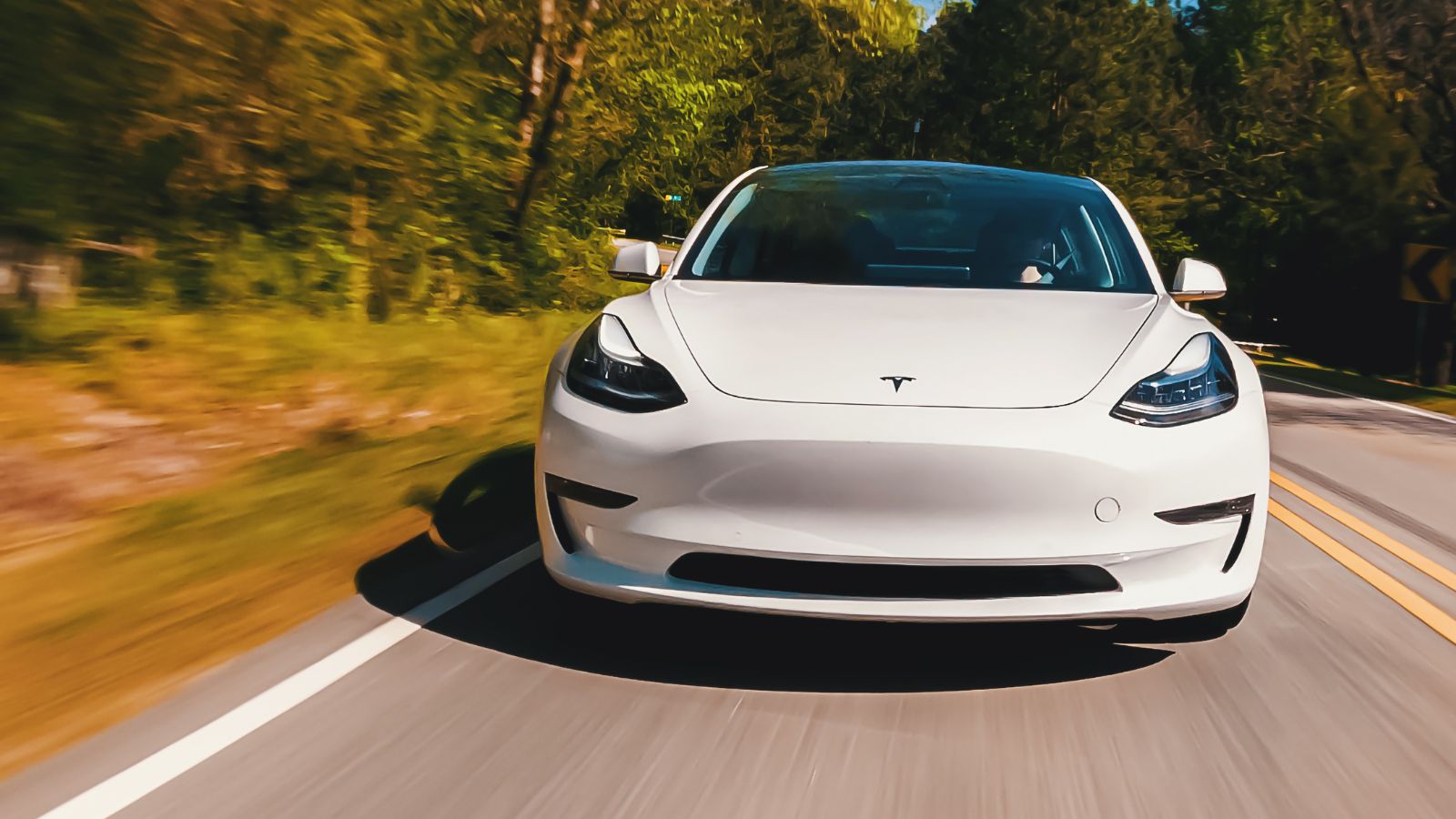
Tesla’s American-made Model 3 and Model Y dominate EV sales in Canada, but a new round of tariffs could brake those green dreams. Before the tariff’s implementation on October 1, 2024, Tesla requested that the Canadian government consider a lower tariff rate, similar to the 9% imposed by the European Union on its China-made vehicles. However, Canada proceeded with the full 100% tariff, aligning with the United States’ stance against China’s industrial policies. These tariffs have sparked debates about their impact on EV affordability and Canada’s climate goals.
Lincoln
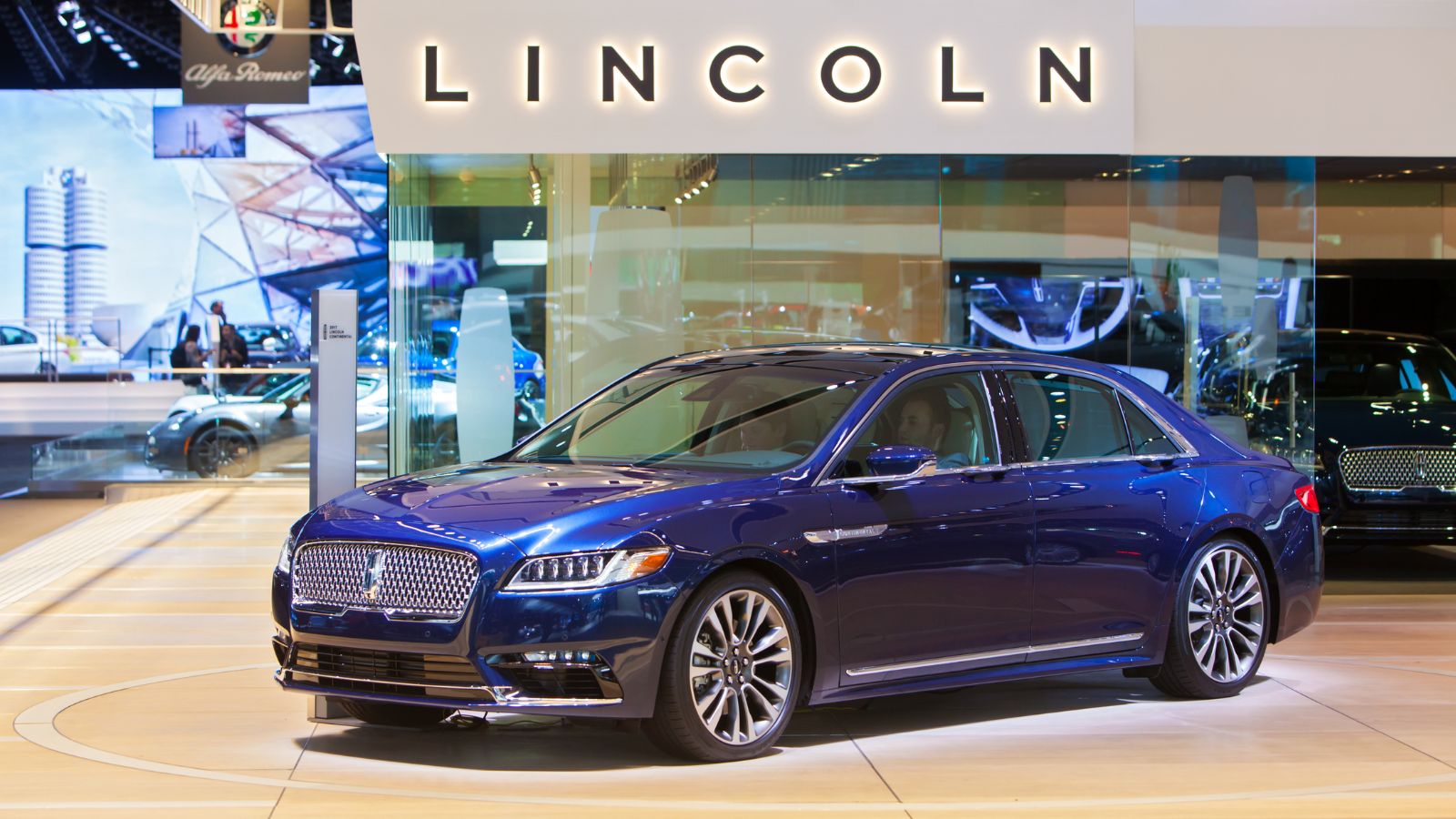
Ford’s luxury arm, Lincoln, offers refined rides like the Navigator and Corsair. However, trade tension has increased prices for Lincoln vehicles in Canada. For instance, the Lincoln Nautilus, assembled in China, is subject to tariffs, resulting in higher costs for Canadian consumers. Ford’s CEO, Jim Farley, expressed concerns that such tariffs could severely impact the U.S. automotive industry, stating that a 25% tariff across Mexico and Canadian borders would “blow a hole in the U.S. industry that we’ve never seen.” Expect their price tags to get even more “exclusive” soon.
Cadillac
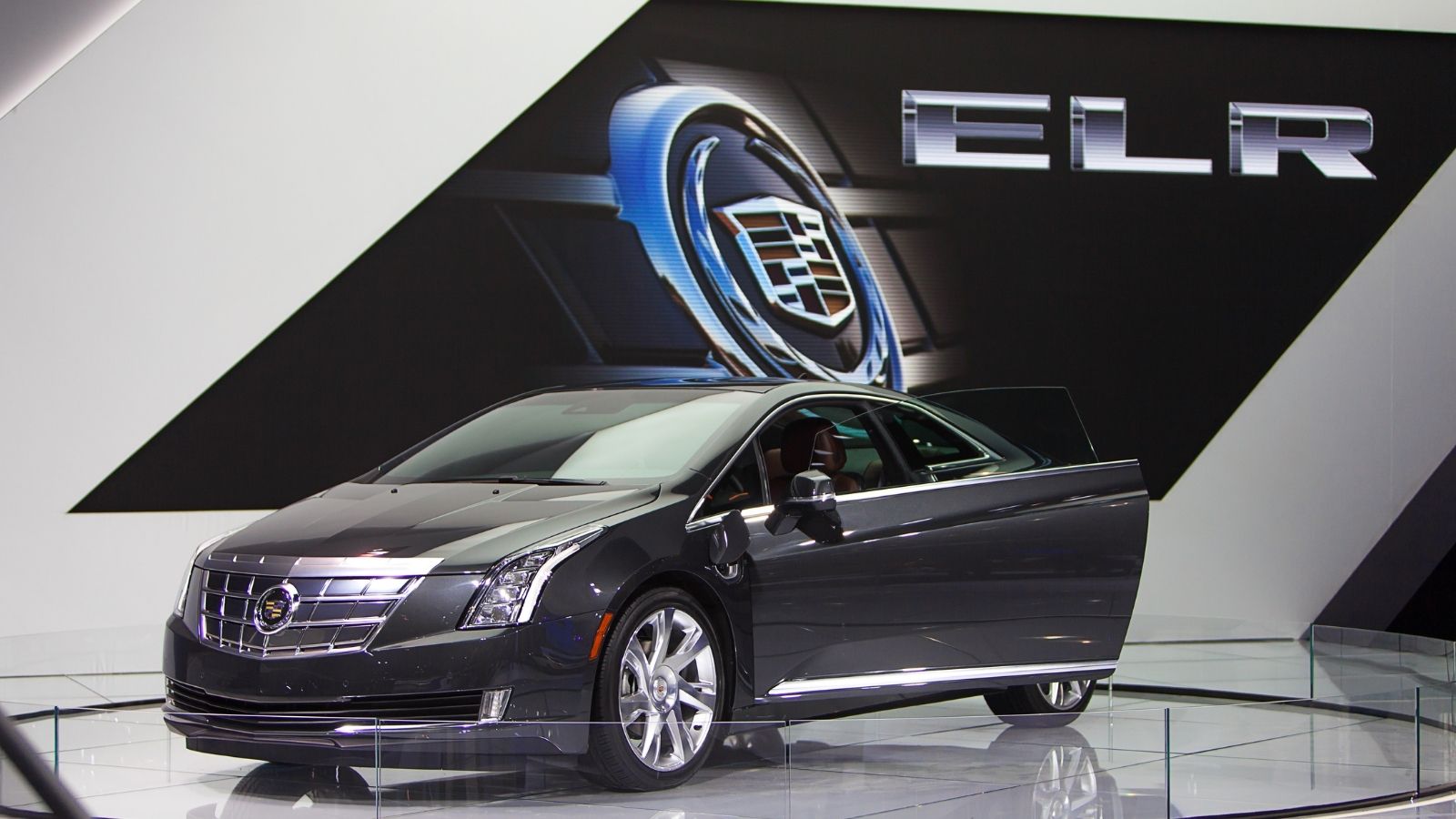
The Escalade already makes a statement. Cadillac, a flagship of American luxury, is poised to get pricier in Canada if proposed auto tariffs go into effect. As a General Motors brand, Cadillac exports models like the Escalade, XT6, and CT5 from U.S. plants to Canadian dealerships. In 2023, Canadians bought over 14,000 Cadillacs, with the Escalade leading the charge in luxury SUV sales. However, with tariffs possibly adding 10–25% to U.S.-made vehicles, the $110,000 Escalade could soar past $125,000. For brand-loyal buyers, this means either coughing up thousands more or turning to European or Japanese rivals not caught in the crossfire.
Buick
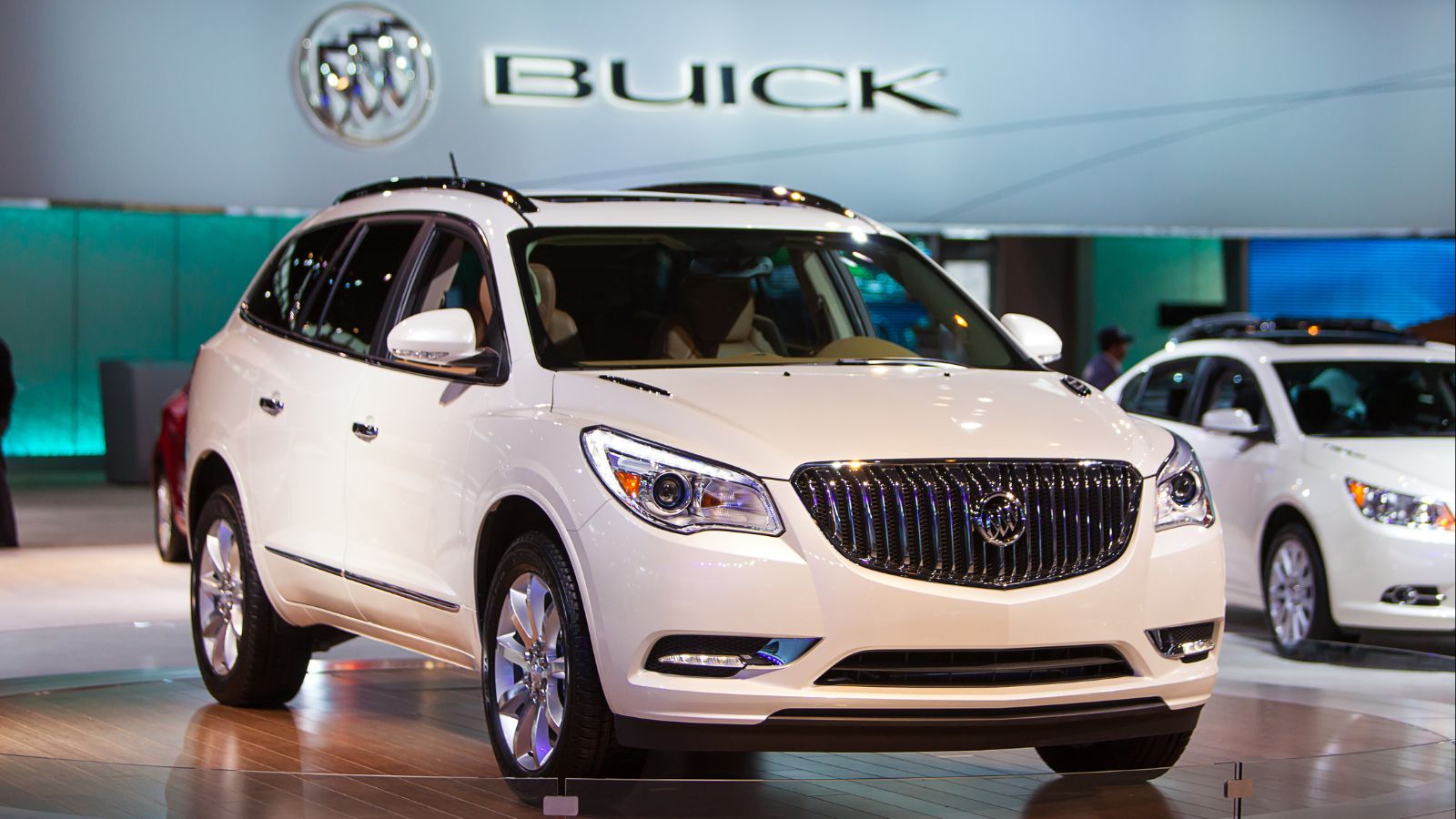
Your grandmother’s favorite brand is having a quiet renaissance with models like the Encore GX and Envision. But with production split between the U.S. and China, tariffs on either end could whack your wallet twice. These tariffs have led to price increases of 10–15% on affected Buick models, with some analysts estimating an average car price rise of $5,000 to $10,000 in the U.S. Consequently, Canadian consumers are experiencing higher costs for these vehicles, as the tariffs impact the overall pricing structure—a double whammy of economic pain.
Chrysler
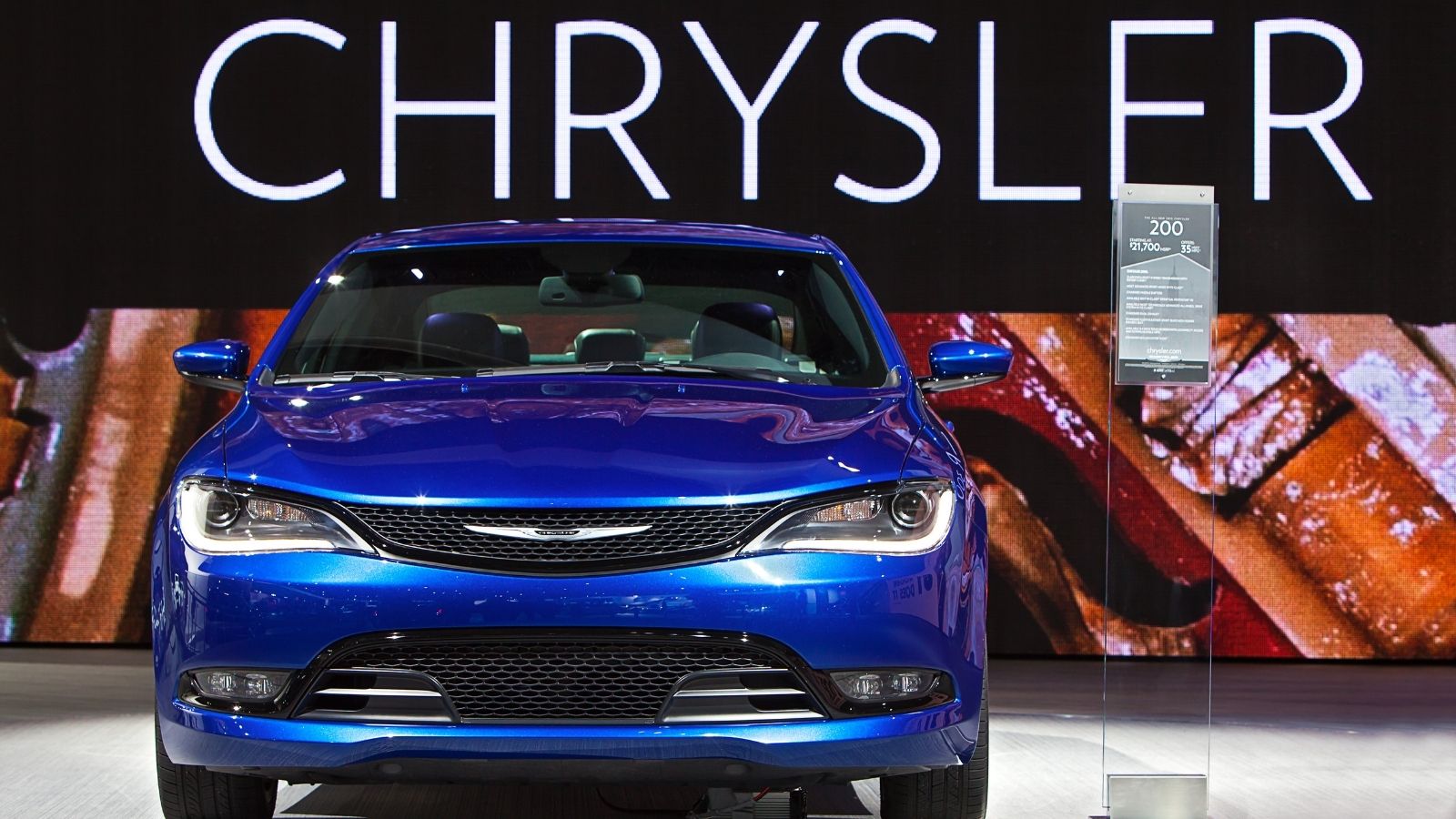
The Pacifica minivan is a family favorite in the suburbs of Toronto and Vancouver. Unfortunately, many Chrysler models are made in the United States. Vehicles like the Chrysler Pacifica, assembled in Canada, face a 25% tariff when exported to the U.S. due to non-compliance with the U.S.-Mexico-Canada Agreement (USMCA) rules of origin. Stellantis has paused operations at its Windsor, Ontario, plant, affecting 4,500 workers. Similarly, U.S. tariffs on Canadian imports have prompted Canada to implement reciprocal 25% tariffs on U.S. vehicles that are not USMCA-compliant.
Corvette
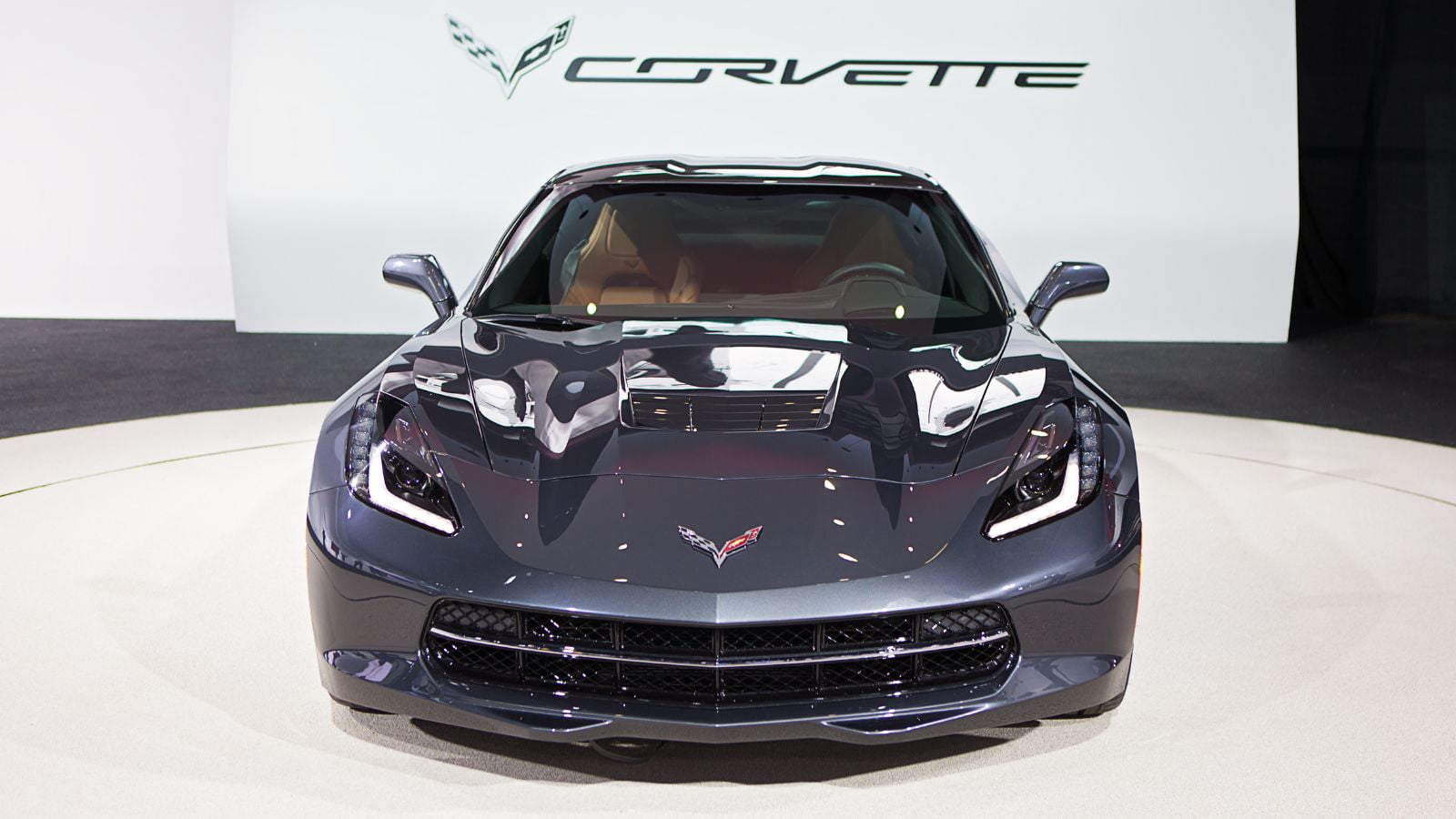
Corvette, America’s fiberglass rocket on wheels, is the dream car that growls like a bald eagle with indigestion. Built by Chevrolet in 1953, the Corvette has become a red-blooded icon of freedom, speed, and the occasional midlife crisis. But for Canadians, owning one comes with extra financial pain courtesy of tariffs! Imported U.S. cars can be slapped with up to 6.1% tariffs, not including provincial and federal taxes, transport, and dealership markups. So, that sweet Z06 you’ve been eyeing? It might cost $10,000 more just to be born in Bowling Green, Kentucky.
Hummer (EV)
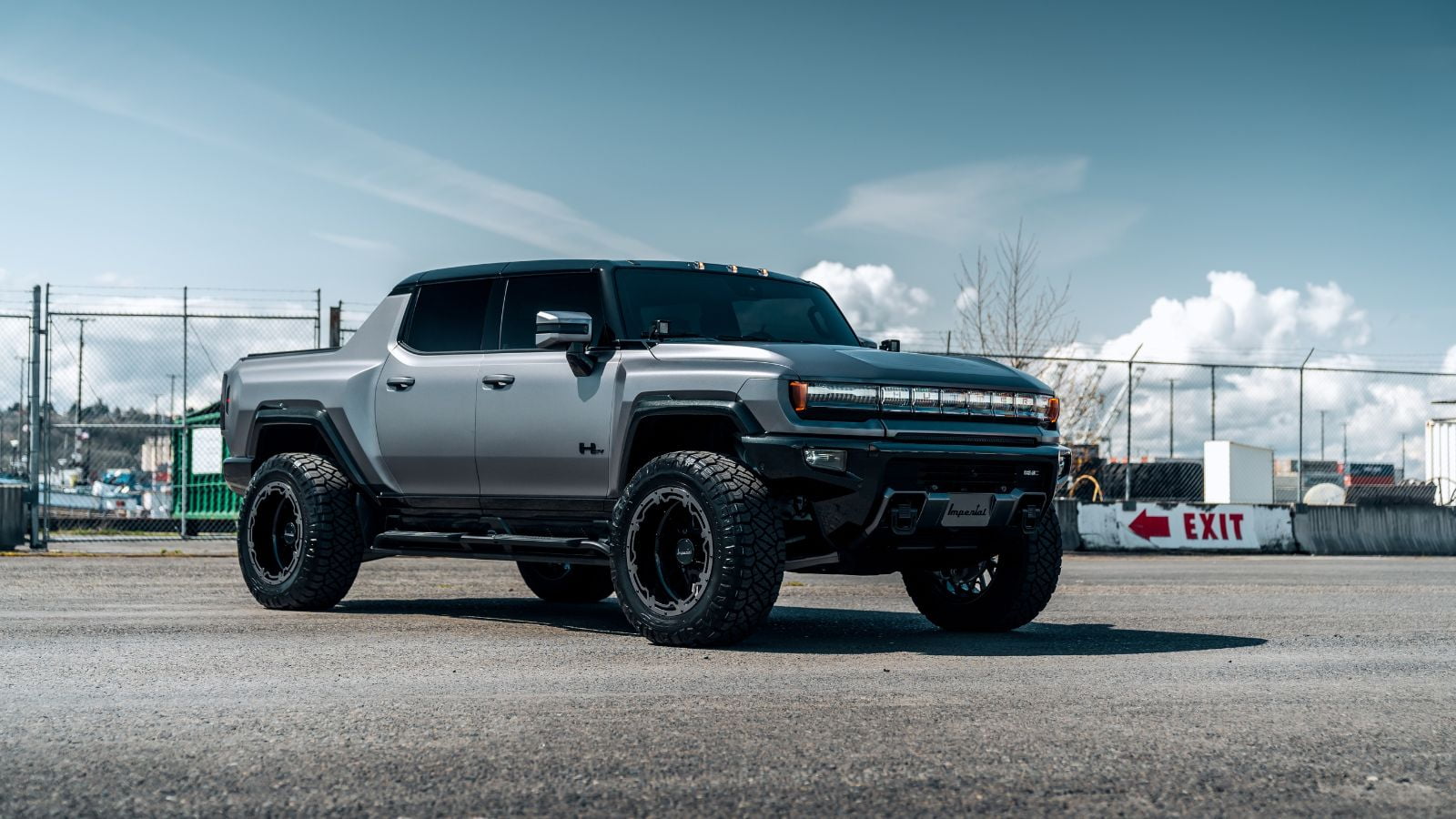
The Hummer EV is the lovechild of brute force and battery power: A 9,000-pound electric beast that thinks it’s saving the planet while flexing its biceps. Made by GMC in the U.S., this electric tank boasts up to 1,000 horsepower, crab-walks sideways, and can go from 0–60 mph in about 3 seconds—because who doesn’t need racecar speed in a vehicle the size of a condo? However, due to recent Canadian tariffs on U.S.-made EVs (in retaliation for the U.S. keeping Canadian vehicles out of certain EV tax credits), Hummer EVs now come with a premium surcharge.
Rivian
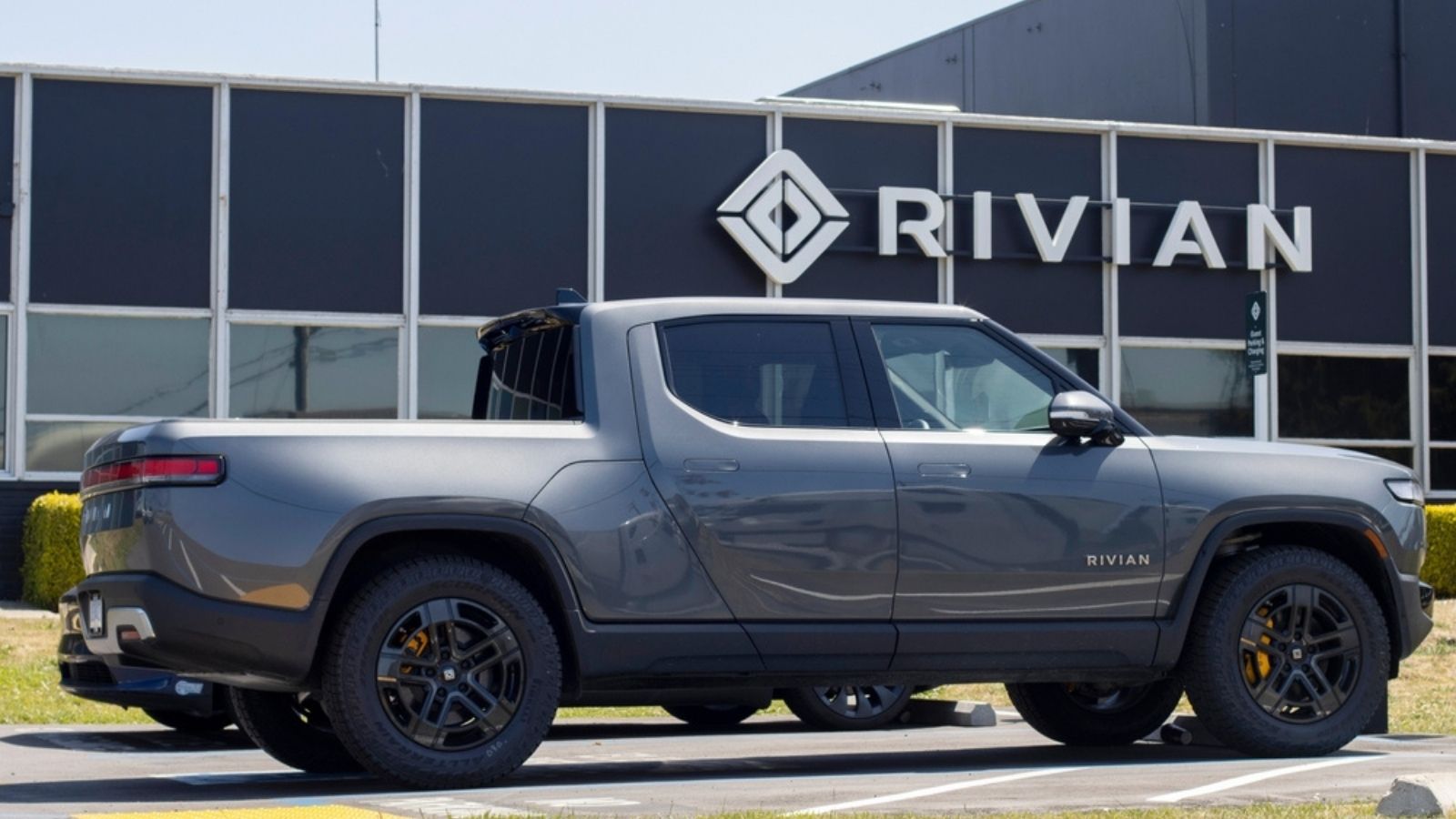
Rivian, the electric vehicle darling from the U.S., makes sleek adventure-ready trucks like the R1T and SUV cousins like the R1S. They’re loved for their off-road prowess, futuristic interiors, and ability to make Tesla drivers say, “Hmm.” But if you’re a Canadian dreaming of parking one in your snowy driveway, brace yourself—tariffs are here to rain on your electric parade. Blame the lack of a Canadian plant—vehicles not made in Canada, the U.S. (under specific trade rules), or Mexico don’t get tariff-free treatment.
Lucid Motors
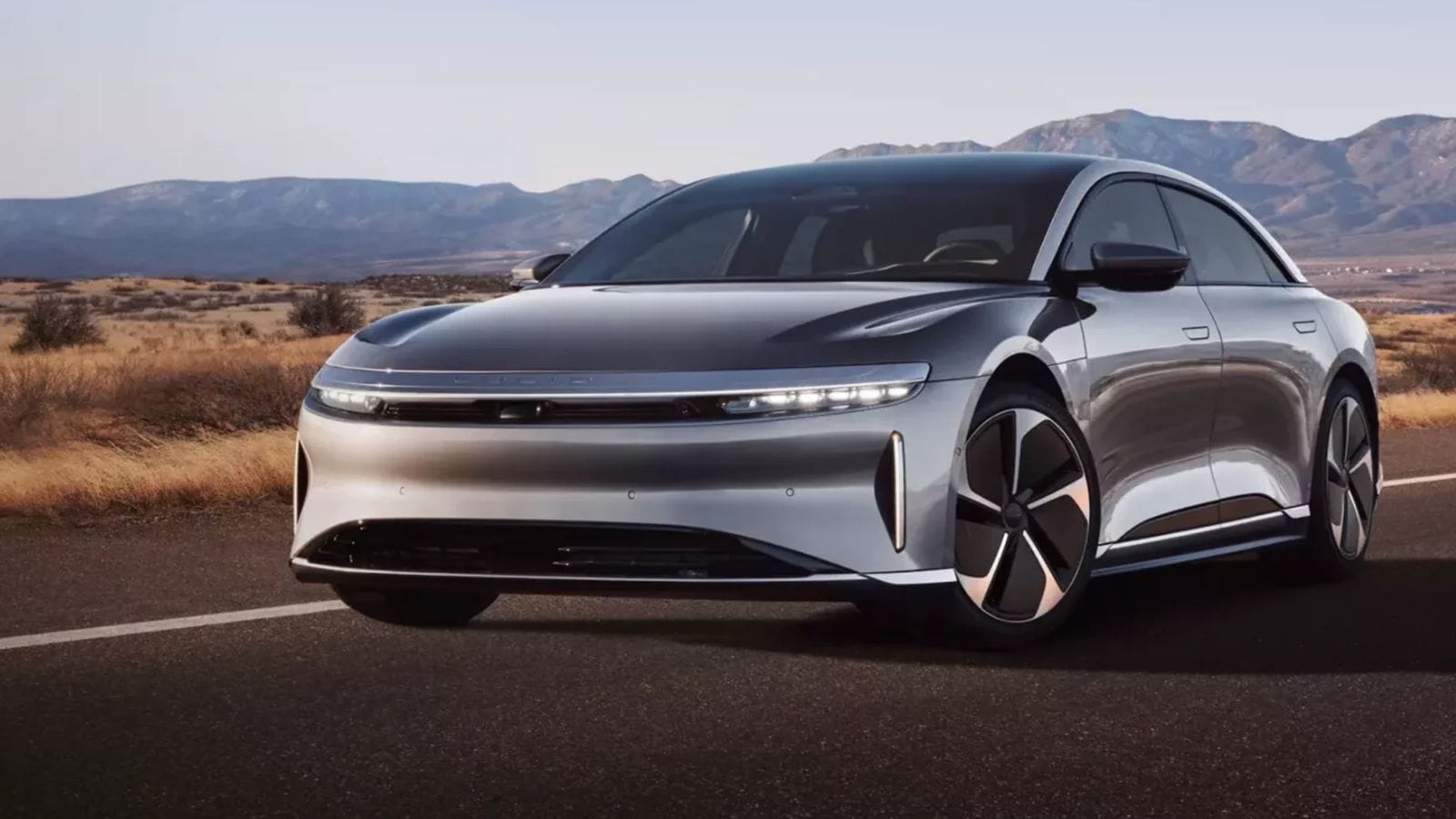
Lucid Motors, the U.S. luxury EV darling, is now a pricier dream for Canadians, thanks to a 25% import tariff Canada slapped on U.S.-made electric vehicles in early 2025. This means the sleek Lucid Air, already a wallet-thinner, now comes with an even heftier price tag north of the border. For instance, the Air Grand Touring saw a $21,000 hike, reaching $210,000, while the Air Pure jumped $14,000 to $119,000. The tariff-induced sticker shock remains despite recent price cuts, like the Air Pure starting at $96,800.
Fisker
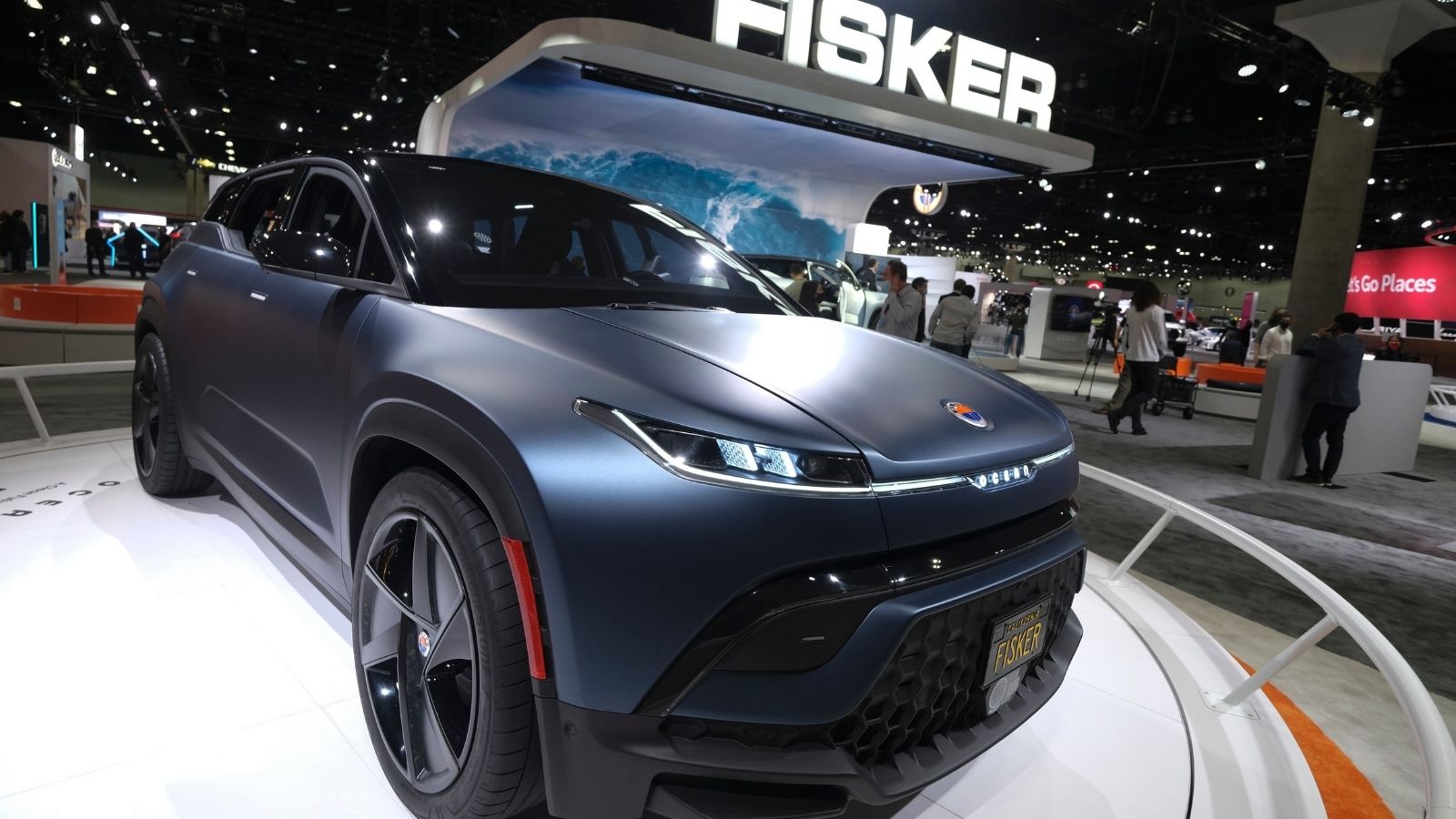
Fisker, the U.S. EV startup with big dreams and a penchant for stylish SUVs, has been making waves in Canada—but not always the kind you’d want to surf. Once priced at a wallet-wilting $79,799, their Ocean Extreme SUV saw a dramatic markdown of nearly 39% to $48,799 in April 2024. This price plunge followed Fisker’s announcement of being close to bankruptcy and halting production. Adding to the turbulence, Canada imposed a hefty 100% tariff on Chinese-made EVs starting October 1, 2024, to counteract China’s state-subsidized imports.
Bollinger Motors
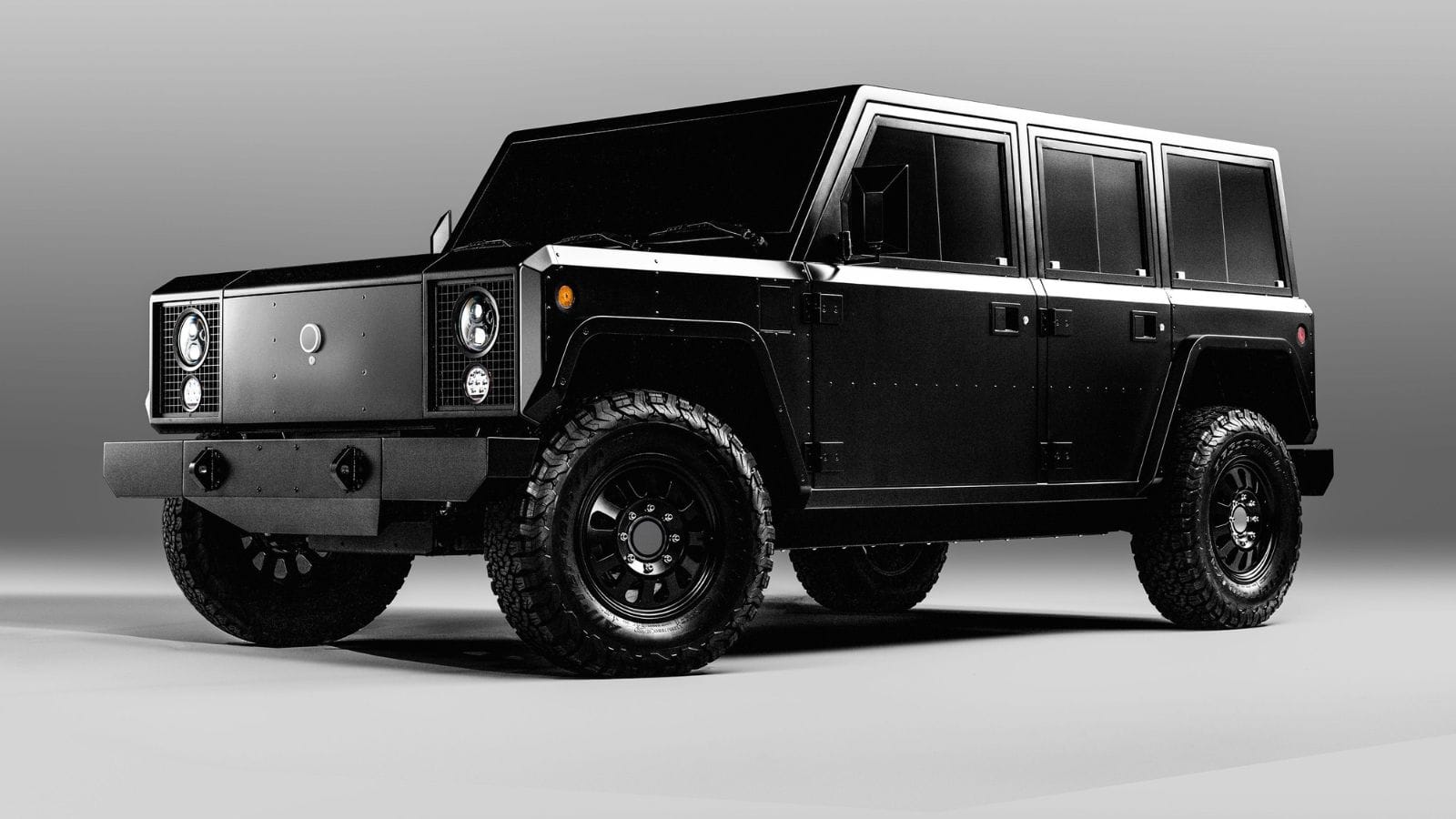
This niche EV brand is all about boxy, utilitarian electric trucks with military vibes. Bollinger, founded in 2015, builds its EVs with a military-meets-mountain aesthetic and serious off-road chops. But unless you’re hauling moose through Muskoka or live off-grid in Banff, these niche machines may now feel like luxury armored vehicles with luxury pricing to match. So yes, Canadians can buy one… but only if they also enjoy overpaying for minimalist, electric masculinity on wheels.
Canoo

Another quirky EV startup with a futuristic van-like design, Canoo aims to reimagine the delivery and utility market. Their American-manufactured vehicles could face tariff barriers that make innovation less accessible to Canadian businesses and trendsetters. The tariffs have jolted automakers like Tesla and Polestar, which previously benefited from Canada’s EV rebate programs. Now, only vehicles assembled in countries with free-trade agreements qualify for incentives, excluding many Chinese-made models.
Saleen
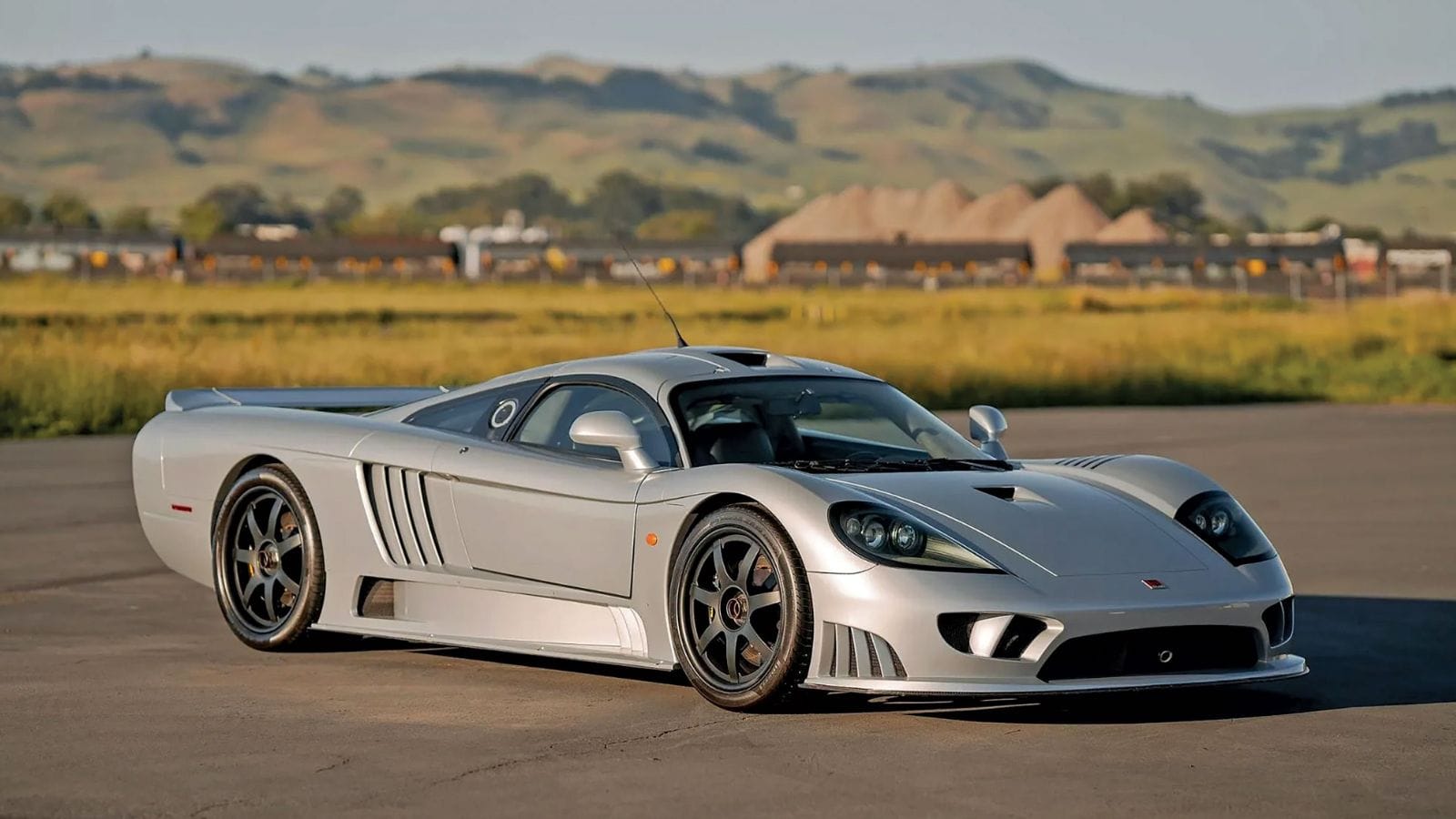
Saleen: the muscle-bound lovechild of American engineering and unapologetic horsepower addiction. Founded in 1983 by racing driver Steve Saleen, the brand turns your average Ford Mustang into a fire-breathing, tire-shredding beast with spoilers big enough to double as picnic tables. Canadians love these road rockets, too—but they pay a premium for the privilege thanks to import tariffs. A Saleen can cost thousands more north of the border between duties, transport, and paperwork. But does that stop Canadian gearheads? Nope. It’s hard to say no to 700+ horsepower and 0–60 in under four seconds.
SSC North America
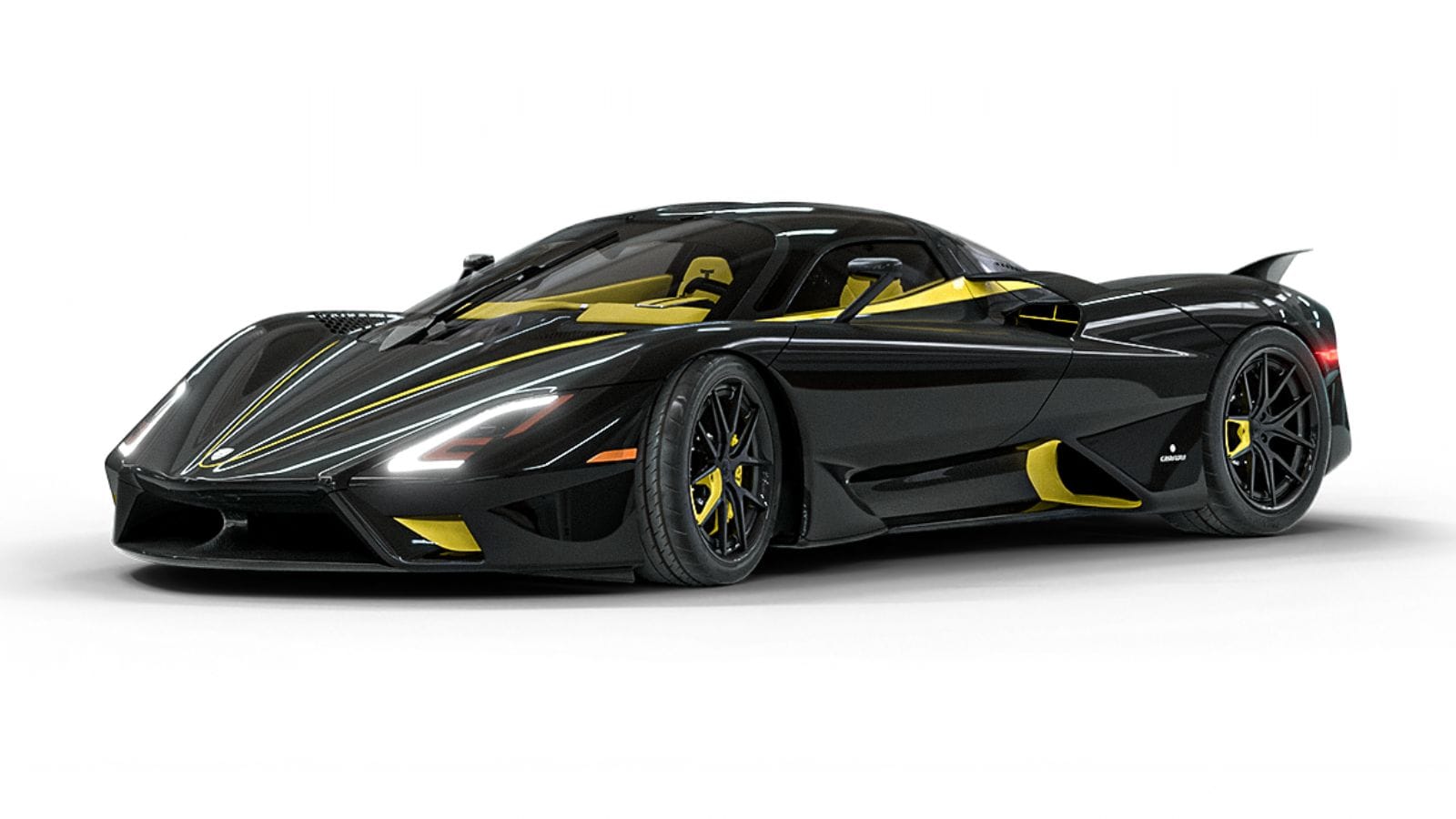
SSC North America, the boutique U.S. hypercar maker best known for making cars faster than your excuses (hello, Tuatara), is the kind of brand Canadians love—from afar. Why? Because buying one up North means forking over some serious loonie, courtesy of tariffs. SSC’s Tuatara once claimed a top speed of 331 mph (later revised, but still bonkers), making it the kind of vehicle that needs its zip code. Unfortunately, due to U.S.-Canada trade policies and import duties—up to 6.1% on passenger vehicles plus GST/HST—our polite, speed-loving neighbors must pay extra for owning this land rocket.
Rezvani Motors
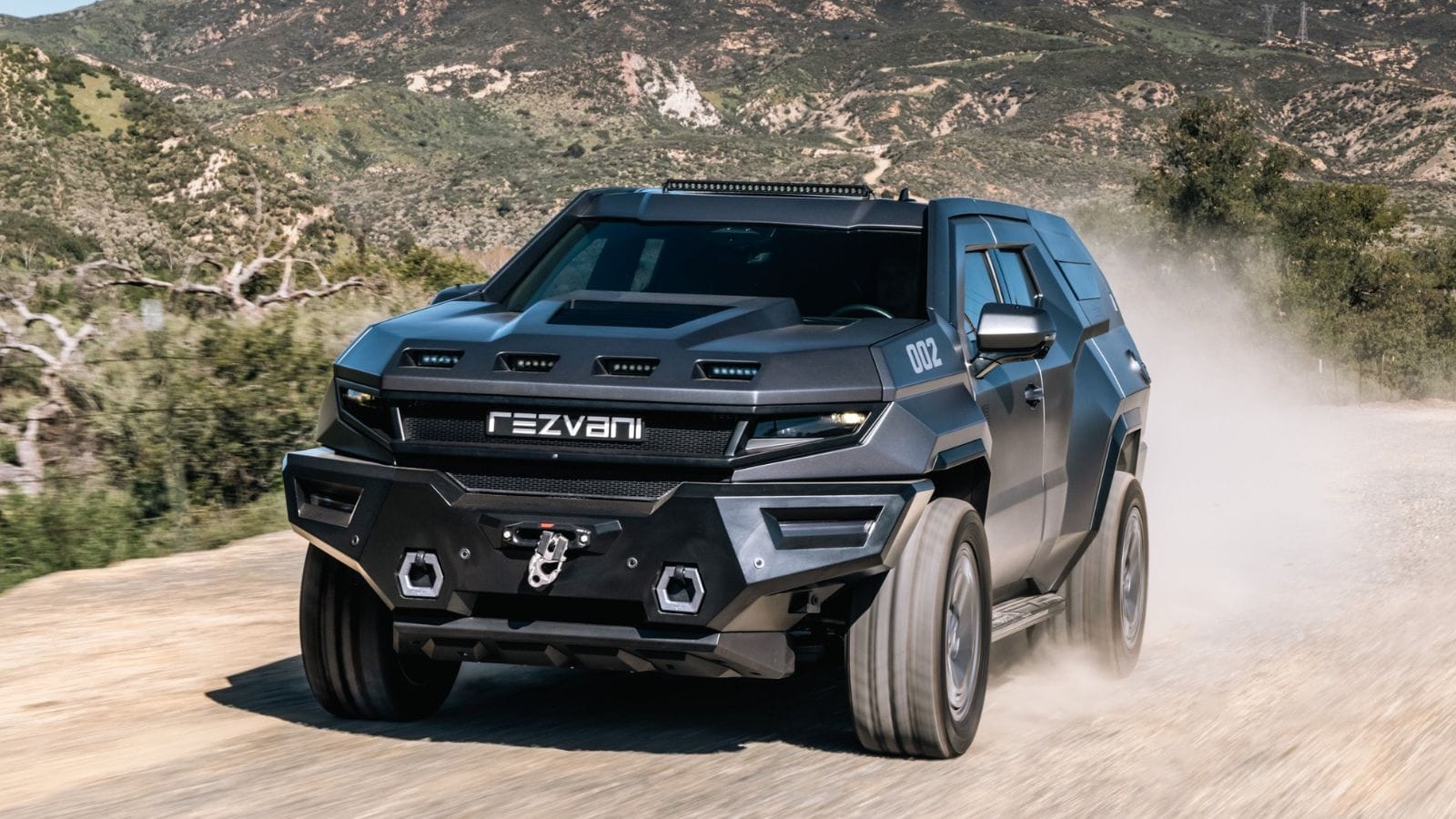
Rezvani Motors—who doesn’t want a vehicle that looks like it could survive a zombie apocalypse and valet parking at the Ritz? This California-based automaker is best known for its military-style beasts like the Rezvani Tank, boasting 1,000 horsepower and bulletproof everything—even the glass. But import tariffs and taxes can tack on tens of thousands. That’s due to Canada’s 6.1% tariff on non-NAFTA vehicles, luxury tax on cars over $100K, and, let’s not forget, provincial sales taxes. So, a $200,000 Rezvani might cost well over $300,000 in the Great White North.
DeLorean Motor Company (Revived)
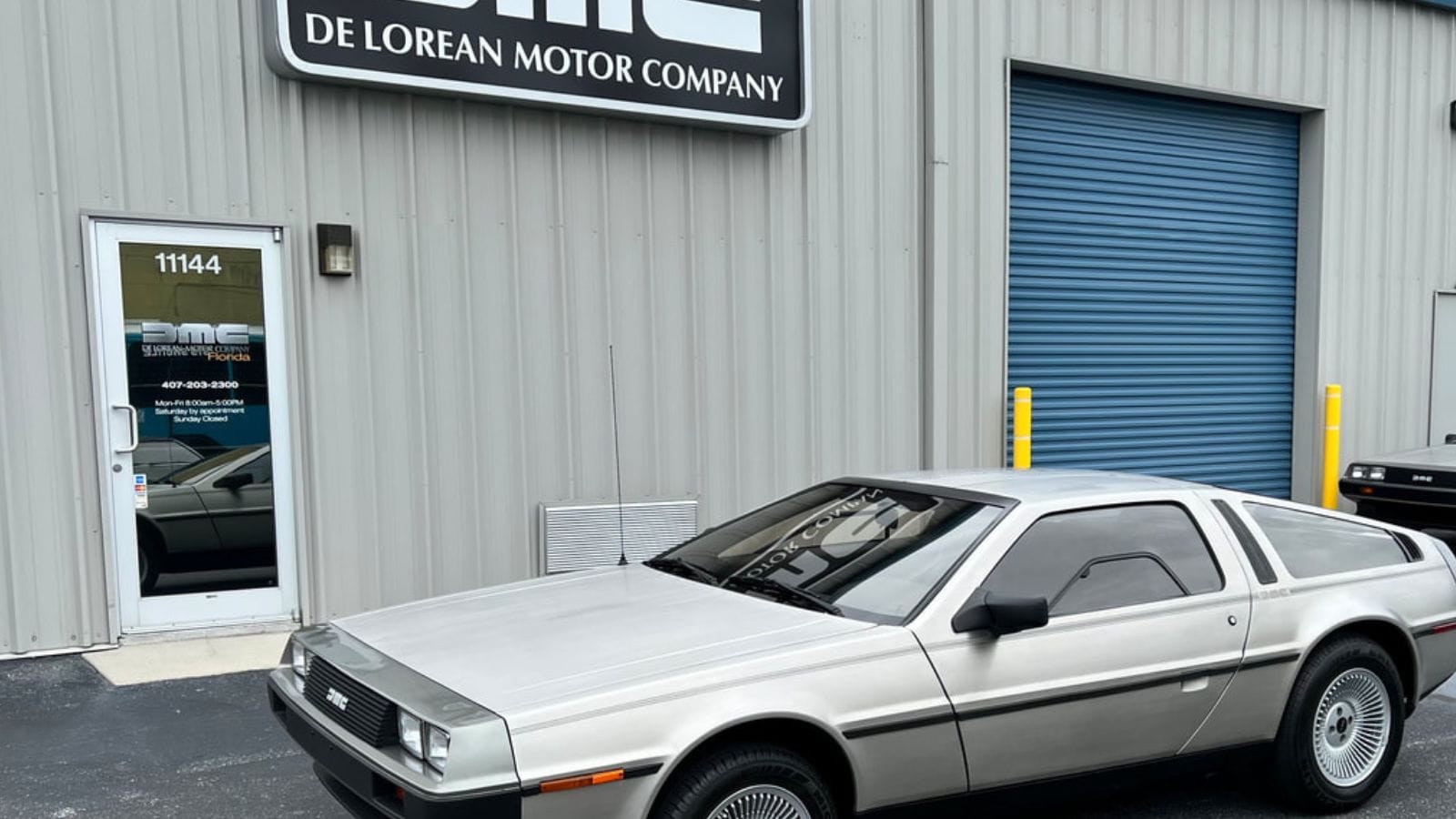
The DeLorean Motor Company—yes, that stainless-steel, gull-winged blast from the past—has been revived and is cruising into pop culture and, potentially, your garage (if you’re lucky and wealthy). But here’s the kicker for Canadians: due to U.S. import tariffs, you’ll probably pay a premium for driving Marty McFly’s dream car north of the border. While American buyers might snag it at a “reasonable” $125,000, Canadians can expect to shell out even more, thanks to a 6.1% import duty (and don’t forget the exchange rate, eh?). Still, the sleek design, 0–60 mph in under 3 seconds, and gull-wing doors might make it worth the loonies.
22 Times Canadian Ingenuity Left the U.S. in the Dust

When people think of innovation, they often picture Silicon Valley. However, Canada has a history of innovation, too. Whether it’s redefining sports, revolutionizing medicine, or just showing America up at its own game, Canadian inventors, thinkers, and dreamers have had their fair share of mic-drop moments. Here are 22 times Canadian ingenuity left the U.S. in the dust.
22 Times Canadian Ingenuity Left the U.S. in the Dust
